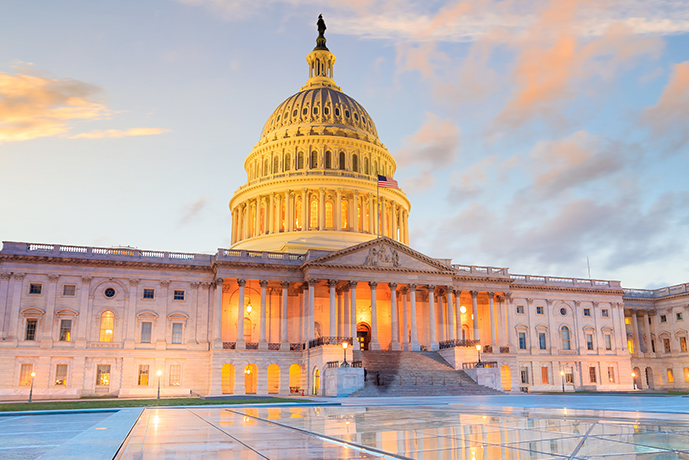Government
We’re inspired to help you transform the public sector.
Government
Helping you maximize resources and technology while assuring superior service for your constituents.
Balancing your budget with the needs and expectations of those you serve is an ongoing challenge for any government entity. Working with experienced industry professionals who understand your situation can foster the collaborative environment you need to do more with your resources.
We are recognized leaders nationally and locally in organizations such as the GFOA, AGA, and AICPA. Our experience in governmental accounting standards means that no matter what issues you face, we can help you find solutions that make sense.

Our Team is a Proven Leader in the Industry
Eide Bailly understands your government because we've served as preparers, auditors, and nationally recognized thought leaders for decades.
- 70+years of experience
- 1.2k+industry clients
- 300+dedicated professionals
- $28.8bthree-year average in single audits

Improve processes and increase productivity in your government agency.
Government Leadership

Jodi L. DaughertyCPA
Partner/Board of Directors/Government Industry Leader

